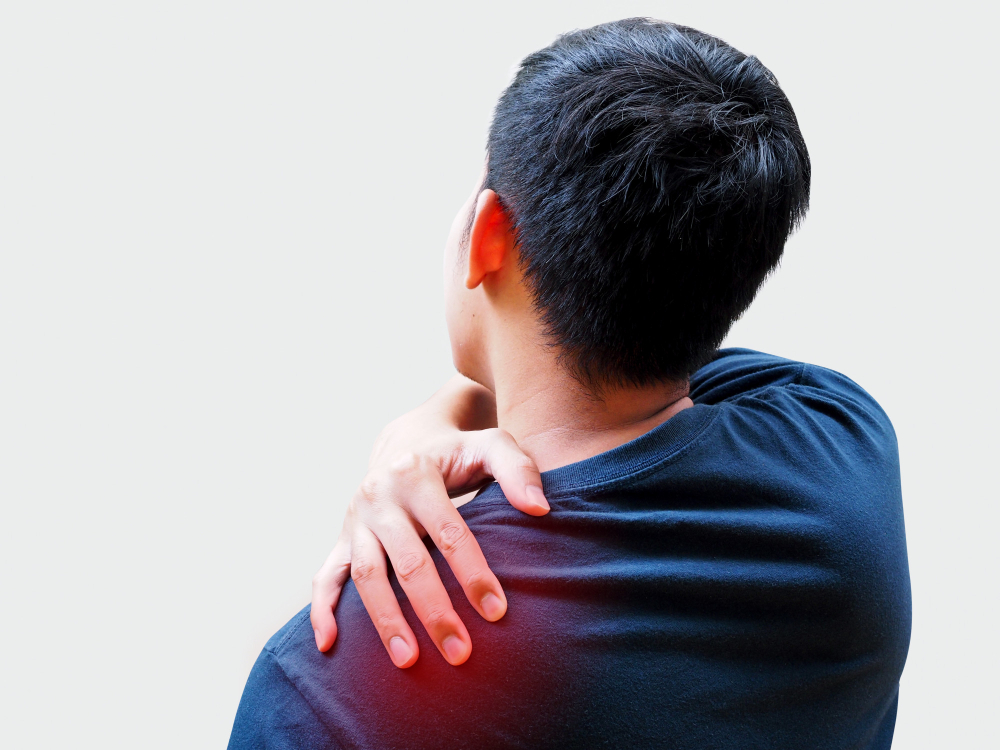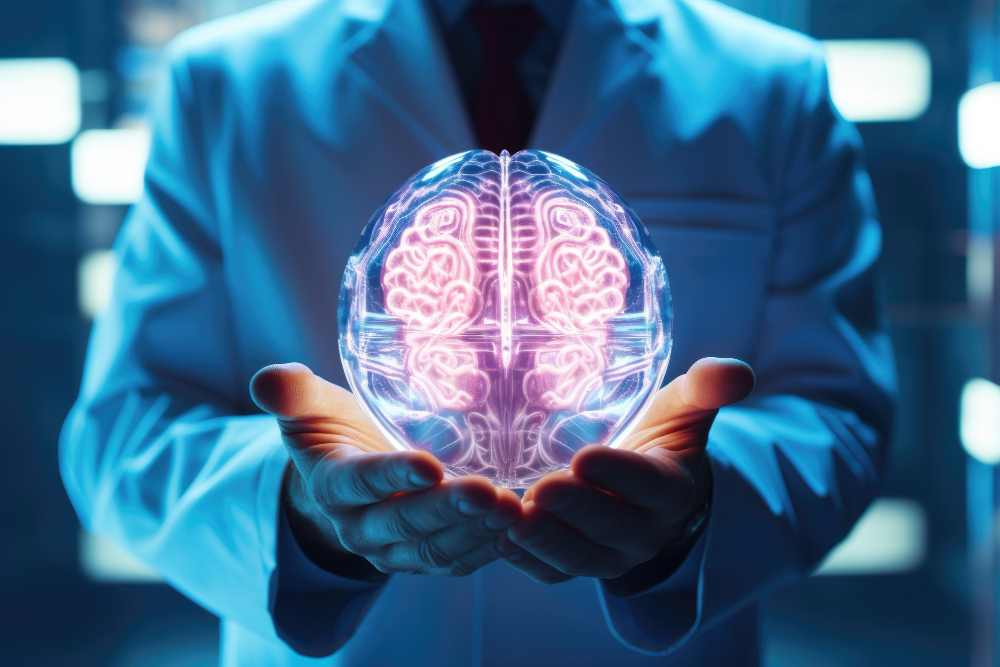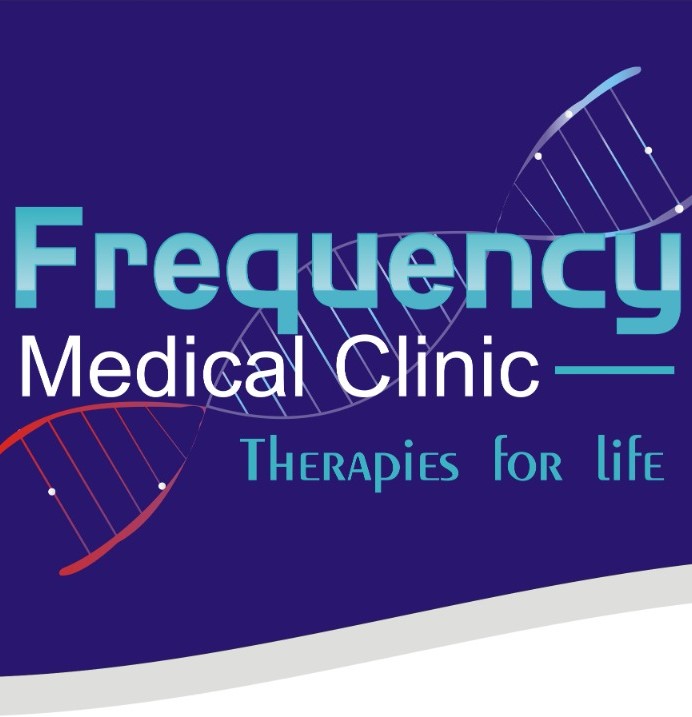Pain Management

Back Pain
Back pain is a common condition that can result from muscle strain, spinal issues, or other underlying health problems. It may range from mild discomfort to severe pain, affecting mobility and daily activities. Treatment often includes physical therapy, pain management, and lifestyle changes to alleviate symptoms and prevent recurrence.

Neck Pain
Neck pain is discomfort or stiffness in the cervical spine, often caused by poor posture, muscle strain, or injury. Symptoms may include limited range of motion, headaches, and radiating pain to the shoulders or arms. Treatment usually involves physical therapy, pain relief medications, and ergonomic adjustments to prevent future issues.

Sciatica
Sciatica is a condition marked by pain that travels along the sciatic nerve, which runs from the lower back through the buttocks and down one leg. It often results from a herniated disc, spinal stenosis, or other issues compressing the nerve. Symptoms typically include sharp, burning pain, numbness, tingling, and muscle weakness in the affected leg.

Shoulder Pain
Shoulder pain can arise from various causes, including rotator cuff injuries, tendinitis, or bursitis. Symptoms often include discomfort, restricted movement, and pain that may radiate down the arm. Treatment typically involves rest, physical therapy, pain management, and, in some cases, medical interventions to restore function and alleviate discomfort.

Disc Problems
Disc problems occur when spinal discs become damaged, such as in herniation or bulging. This can lead to back pain and nerve compression, causing pain, numbness, or weakness in the legs or arms. Treatment typically involves physical therapy, medication, and sometimes surgery to alleviate symptoms and restore function.

Nerve Pain
Nerve pain, or neuropathic pain, results from damage or dysfunction of the nerves and is often described as burning, stabbing, or tingling. It can be caused by conditions like diabetes, shingles, or nerve injuries. Treatment typically involves medications, physical therapy, and strategies to manage the underlying cause and alleviate symptoms.

Arthritis
Arthritis refers to inflammation of the joints, causing pain, stiffness, and swelling. Common types include osteoarthritis, which results from cartilage wear, and rheumatoid arthritis, an autoimmune condition. Treatment aims to relieve symptoms, improve joint function, and slow progression through medication, physical therapy, and lifestyle modifications.

Fibromyalgia
Fibromyalgia is a chronic condition characterized by widespread muscle pain, fatigue, and tenderness in specific areas. Symptoms also include sleep disturbances, cognitive issues, and mood fluctuations. While the exact cause is unknown, treatment focuses on managing pain and improving quality of life through medication, exercise, and stress management.

